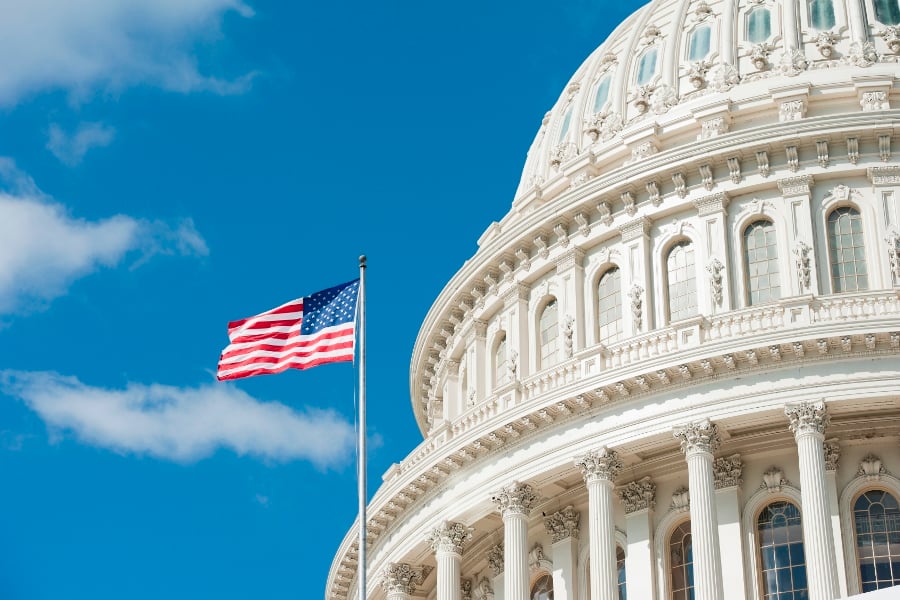The House is expected to approve legislation Monday evening that would give the Securities and Exchange Commission more power to claw back investor money lost in securities fraud.
A recent Supreme Court decision, Kokesh v. SEC, capped the SEC's look back at five years.
The bipartisan bill, the
Investor Protection and Capital Markets Fairness Act, would apply a 14-year statute of limitations for the SEC to seek so-called disgorgement, or the return of ill-gotten gains.
The House legislation also would prevent disgorgement from being defined as "a civil fine, penalty or forfeiture." Defining it in one of those categories would limit the timeframe and monetary amount of disgorgement.
The bill, written by Reps. Ben McAdams, D-Utah, and Bill Huizenga, R-Mich., was approved by the House Financial Services Committee, 49-5, on Sept. 20. It is being considered on the House floor under fast-track rules for bills that have strong bipartisan support.
"White collar criminals must be held accountable for their behavior, and the SEC must have the necessary tools to recover the losses suffered by Main Street investors," Mr. Huizenga said in a statement. The bill "helps solve this problem by striking a delicate balance that allows the SEC more time to recover the money that was scammed from hard-working Americans."
In congressional testimony this year, SEC Chairman Jay Clayton expressed support for legislation that would address the Supreme Court's Kokesh decision. In its
annual enforcement report, the SEC said the Kokesh ruling has forced it to forgo approximately $1.1 billion in disgorgement.
[Recommended video:
Change agent in financial advice]
The measure also would touch on a
pending Supreme Court case, Liu v. SEC. The defendants, Charles Liu and Xin Wang, argued that Congress did not authorize the SEC to obtain disgorgement from firms and people who have ripped off investors.
"This bill gives the SEC the express authority to seek that remedy," said John Berry, a partner at Munger, Tolles & Olson and a former SEC lawyer who litigated the Liu case in district court. "It would be good for SEC enforcement to get clarity on that point."
Todd Cipperman, principal at Cipperman Compliance Services, agrees that from a legal standpoint, disgorgement should not be considered a penalty. But from a business and policy perspective, the bill would present compliance challenges for investment advisers.
Under the Investment Advisers Act, advisers only have to retain records for five years. But the bill would open a 14-year window on wrongdoing.
"Ways to prove or disprove the case get old and cold when you're talking about a 14-year disgorgement period," Mr. Cipperman said. "That becomes a real practical compliance challenge."
Not only would firms have to keep records for a longer time, they also could have to pay heavier disgorgement that covers many more years.
"That's an overhang that most firms can't withstand, so it's a very powerful enforcement weapon for the SEC," Mr. Cipperman said.
Register now for our ESG & Impact Forum at the U.N. on Dec. 5.







